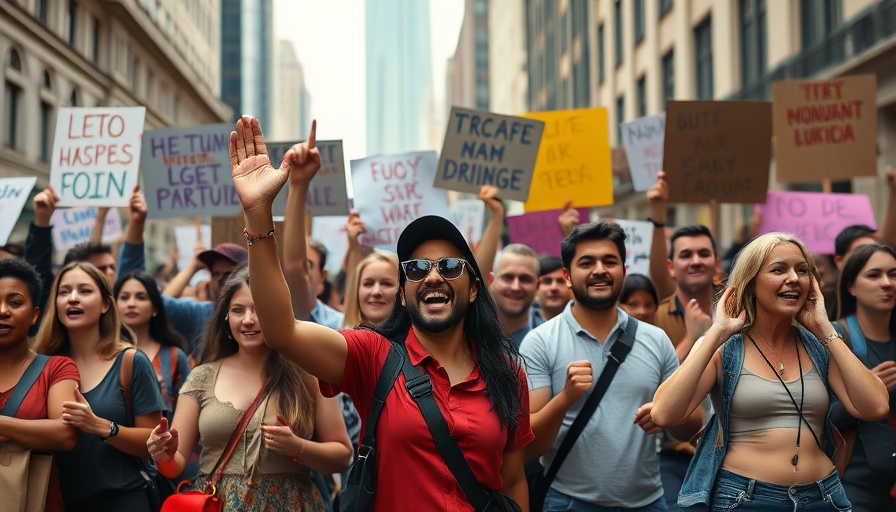
10,000 City Workers Demand Change: The Philadelphia Strike
In a significant display of solidarity, nearly 10,000 city workers in Philadelphia have initiated a strike, emphasizing their demands for improved pay and benefits. The strike, under the leadership of District Council 33 of the American Federation of State, County and Municipal Employees, has created considerable disturbances in public services, notably disrupting essential operations like trash collection and emergency services.
Immediate Impacts: What Does the Strike Mean for Residents?
As the strike continues, residents are feeling the pinch. Philadelphia's Mayor Cherelle Parker announced the suspension of residential trash collection, closures of city pools, and reduced hours at recreation centers to navigate this challenging situation. She has assured the public that essential services will continue, albeit at a strained pace. However, with the order from Judge Sierra Thomas-Street mandating the return of some emergency service employees, the city is attempting to manage public safety while respecting the workers' rights.
Understanding the Workers' Demands: A Closer Look
The striking workers are primarily pushing for an annual raise of 8% for each year of a three-year contract, alongside proposals for cost-of-living adjustments and bonuses of up to $5,000 for those who worked through the pandemic. Union president Greg Boulware expressed that the city’s latest offer of a 13% increase over four years falls significantly short of the workers' expectations. With negotiations ongoing, this strike serves as a clarion call for better treatment and recognition of essential workers.
A Historical Parallel: Previous Strikes in Philadelphia
The history of labor strikes in Philadelphia is rich and often turbulent. For instance, a previous strike by District Council 33 in the summer of 1986 left the city without trash pickup for three weeks, leading to an outcry from residents and significant media coverage. This historical context underscores the potential lasting impacts the current strike may have if the workers’ demands are not met promptly.
Future Implications: A Reflection on Labor Movements
This strike may not only set a precedent for Philadelphia but also resonate across other cities facing similar labor issues. The ongoing global trend towards worker solidarity reflects a growing acknowledgment that fair compensation and benefits are critical in maintaining a motivated workforce. As cities grapple with rising living costs, the outcomes of this strike could shape labor relations and public sector employment practices for years to come.
The situation in Philadelphia highlights the need for dialogue between labor and management, as well as the broader societal impacts of workers' rights struggles. As this story continues to unfold, both city officials and union leaders must prioritize the well-being of all Philadelphia residents while addressing the essential needs of the workforce.
 Add Row
Add Row  Add
Add 



Write A Comment